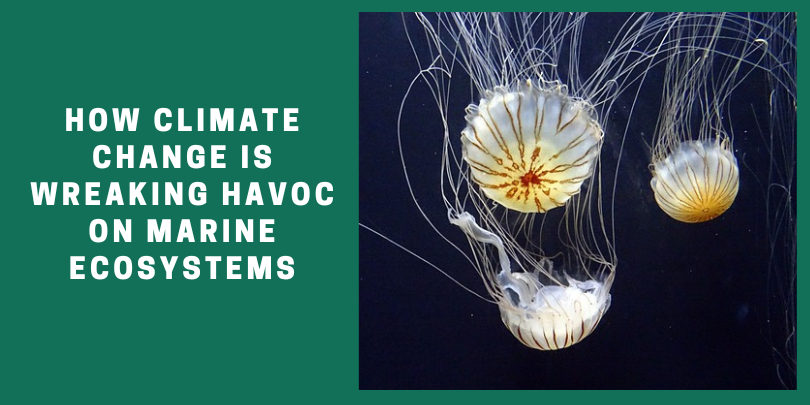Introduction
In today’s world, the topic of climate change is at the forefront of many discussions. However, what often gets overlooked is its devastating impact on our marine ecosystems. From the coral reefs known as the “rainforests of the sea” to coastal habitats vital for numerous species, climate change is altering the very fabric of these ecosystems. Consequently, this article aims to shed light on this crucial issue and discuss solutions for mitigation.
The Ominous Warming
Firstly, let’s talk about one of the most palpable effects of climate change: rising ocean temperatures. Just as global warming affects land temperatures, it also influences the temperature of our seas. These increased temperatures can result in harmful phenomena like coral bleaching, which weakens these vital underwater habitats and makes them susceptible to disease.
Acidification: The Silent Killer
Secondly, another alarming consequence is ocean acidification. As our atmosphere fills with more carbon dioxide (CO2), the oceans absorb a significant portion of it. This absorption leads to a decrease in pH levels, affecting the availability of calcium carbonate, a crucial element for marine life such as mollusks, corals, and plankton. Consequently, their survival becomes precarious, disrupting marine food chains and overall ecosystem health.
Rising Sea Levels and Coastal Habitats
Moreover, we can’t ignore the rising sea levels, which are primarily due to melting glaciers and thermal expansion. Coastal ecosystems that serve as breeding grounds for marine life are threatened, with some facing the risk of complete submersion. Therefore, many species may find themselves on the brink of extinction if this continues.
Shifting Populations and Food Chains
Additionally, climate change affects the distribution and behavior of marine animals. Many species are migrating to new habitats, which disrupts established predator-prey relationships and even shifts entire food chains. This change could lead to some species becoming overpopulated while others face extinction, destabilizing the ecosystem even further.

Practical Solutions: Marine Protected Areas and Sustainable Practices
On the bright side, there are ways to mitigate these impacts. Marine Protected Areas (MPAs) have proven to be a valuable tool in preserving endangered habitats. Furthermore, sustainable fishing practices, such as catch limits and gear modification, contribute to preserving fish populations and ensuring the long-term health of our oceans.
Global Collaboration: The Need of the Hour
Importantly, international cooperation is essential to tackling this global problem. Countries must work together to limit greenhouse gas emissions through legislation and international agreements. Organizations focused on environmental economics and sustainability can play a pivotal role in enhancing awareness and providing actionable solutions.
Conclusion
In summary, climate change poses a dire threat to marine ecosystems, impacting everything from coral reefs to food chains. However, through a concerted effort that includes protective measures and international cooperation, we can work toward mitigating these catastrophic effects. It’s high time we turn our attention to the unseen crisis unfolding in our oceans and take meaningful steps to preserve these invaluable ecosystems for future generations.
Join the Wave of Change Now!
The health of our marine ecosystems is at a tipping point, and your actions can make a monumental difference. Take immediate steps to spread awareness, adopt sustainable practices, get politically engaged, and provide financial support for conservation projects. Click below to join our Ocean Protection Newsletter and keep abreast of impactful ways you can contribute.
Join our EAT Community to learn more!
Your individual contributions today can help shape a healthier, more vibrant marine world for tomorrow. Don’t wait; act now!



